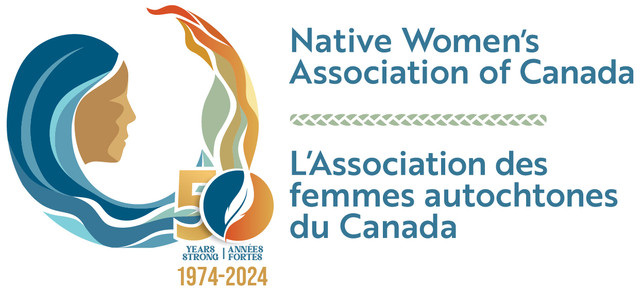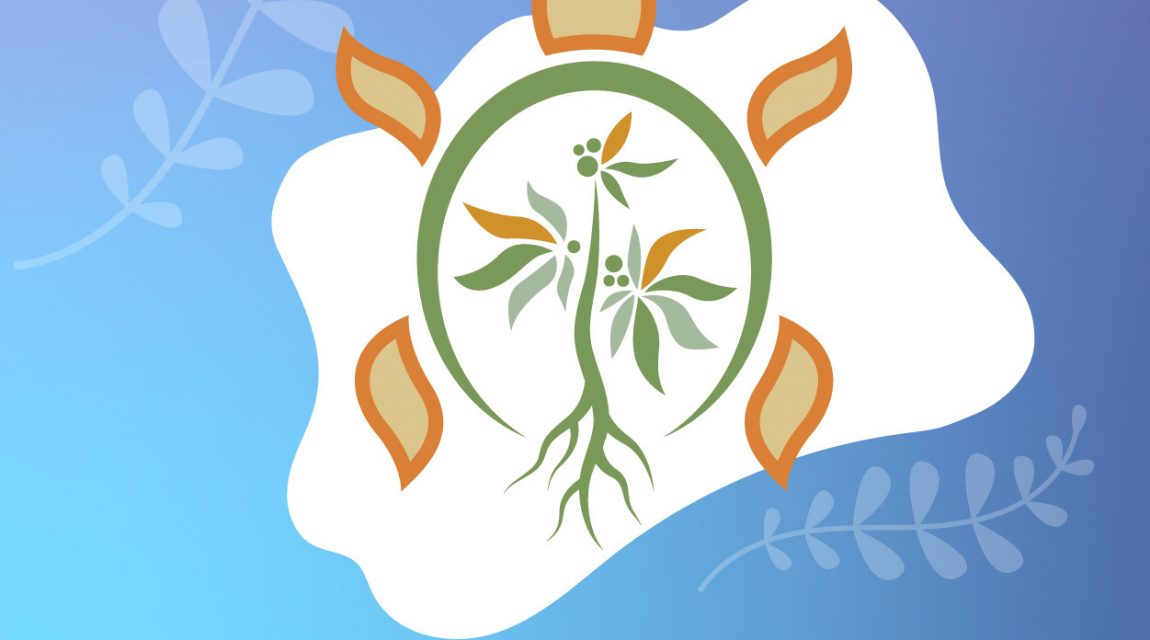This month, we are shining a spotlight on a project called Establishing Research Priorities: An Exploration of First Nations, Inuit, and Métis Women and Gender-Diverse People’s Needs in Cannabis and Mental Health. Funded by Canadian Institute of Health Research and Mental Health Commission of Canada, this project lies within NWAC’s cannabis and health program area.
NWAC has identified the need for quality, culturally safe, and distinctions-based research to be undertaken in order to close long-standing gaps and ensure the voices, experiences, and realities of Indigenous women and gender-diverse people are heard.
The project has three objectives/goals:
- effectively connect community leaders and groups that serve Indigenous women and gender-diverse people to help facilitate knowledge-sharing around cannabis and mental health;
- enhance discussion and dialogue between First Nations, Métis, and Inuit on the relationship between mental health issues and cannabis use; and
- inform policy, programming, and best practices to support First Nations, Métis, and Inuit women and gender-diverse people living with mental health issues.
One of the key objectives of the project is to fill existing gaps by establishing a network of experts who would work closely with Indigenous people regarding mental health and cannabis. Through this network, we want to identify research priorities, which will inform the development of larger research projects to fill some of the identified gaps. As current research indicates, mental health services developed by Indigenous communities are most effective (Nelson and Wilson, 2017).
The research agenda on cannabis and mental health within the Indigenous population must be community-led and -driven. NWAC’s cannabis and mental health project is addressing these gaps by holding engagement sessions and conducting surveys to gain further insight into the needs and research priorities of Indigenous women, girls, and gender-diverse people across Canada.
The engagement portion is central to the project and ensures the inclusion of Indigenous opinions, needs and priorities when it comes to informing future research and policy. The participants receive information and perspectives on cannabis and mental health and have an opportunity to talk with other Indigenous participants who may be having similar experiences. Using a distinctions-based approach, we are grouping the engagement sessions into sub-groups for Métis, First Nations, Inuit, Northern, and 2SLGTBQ+ participants. This approach will give us unique perspectives from each group at the community level and highlight the similarities and differences among them.

